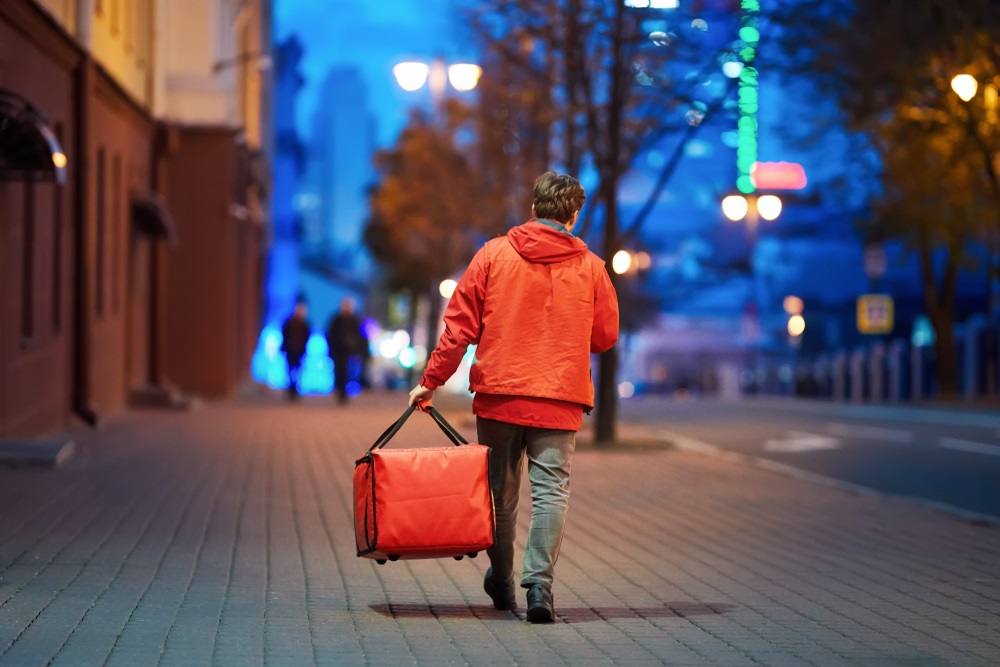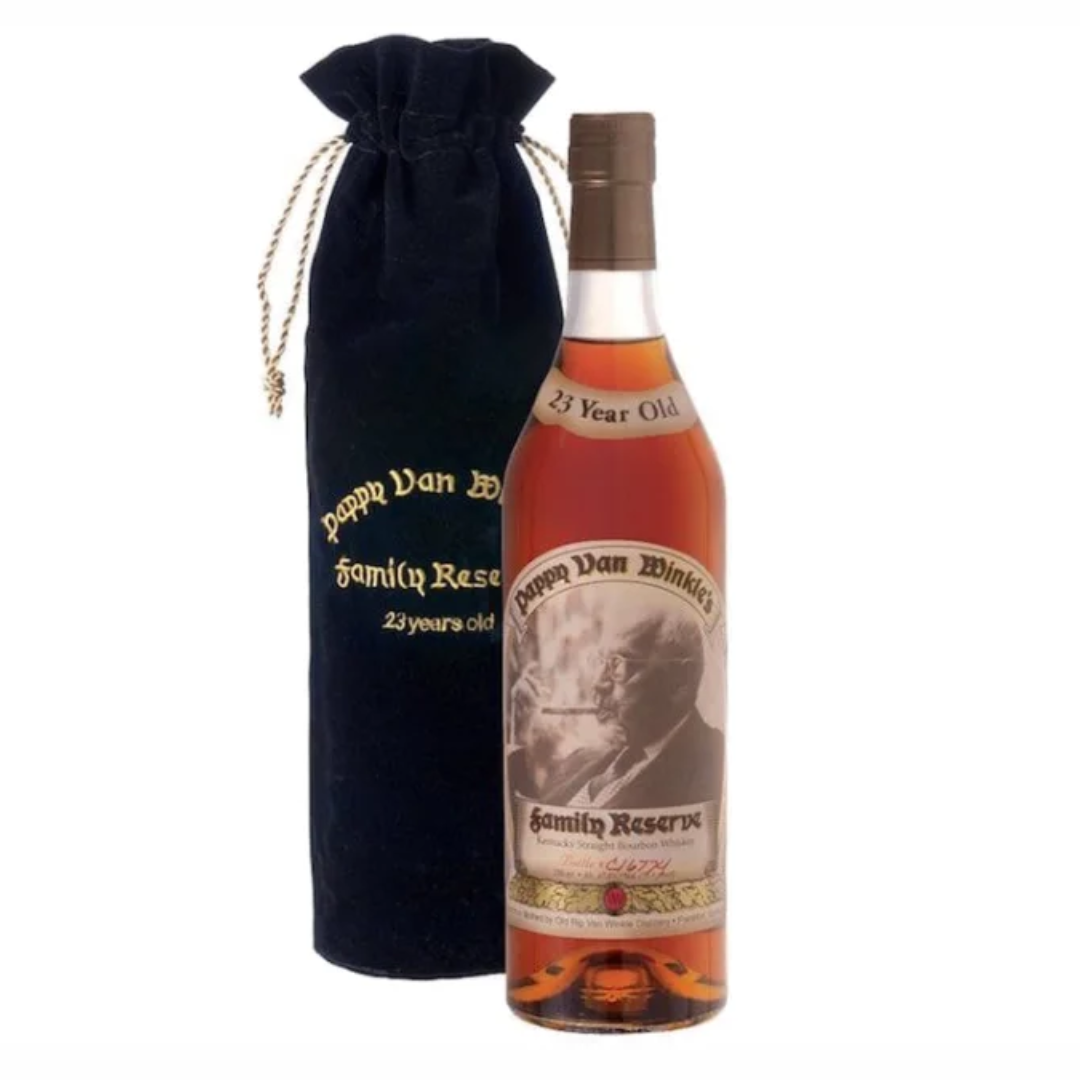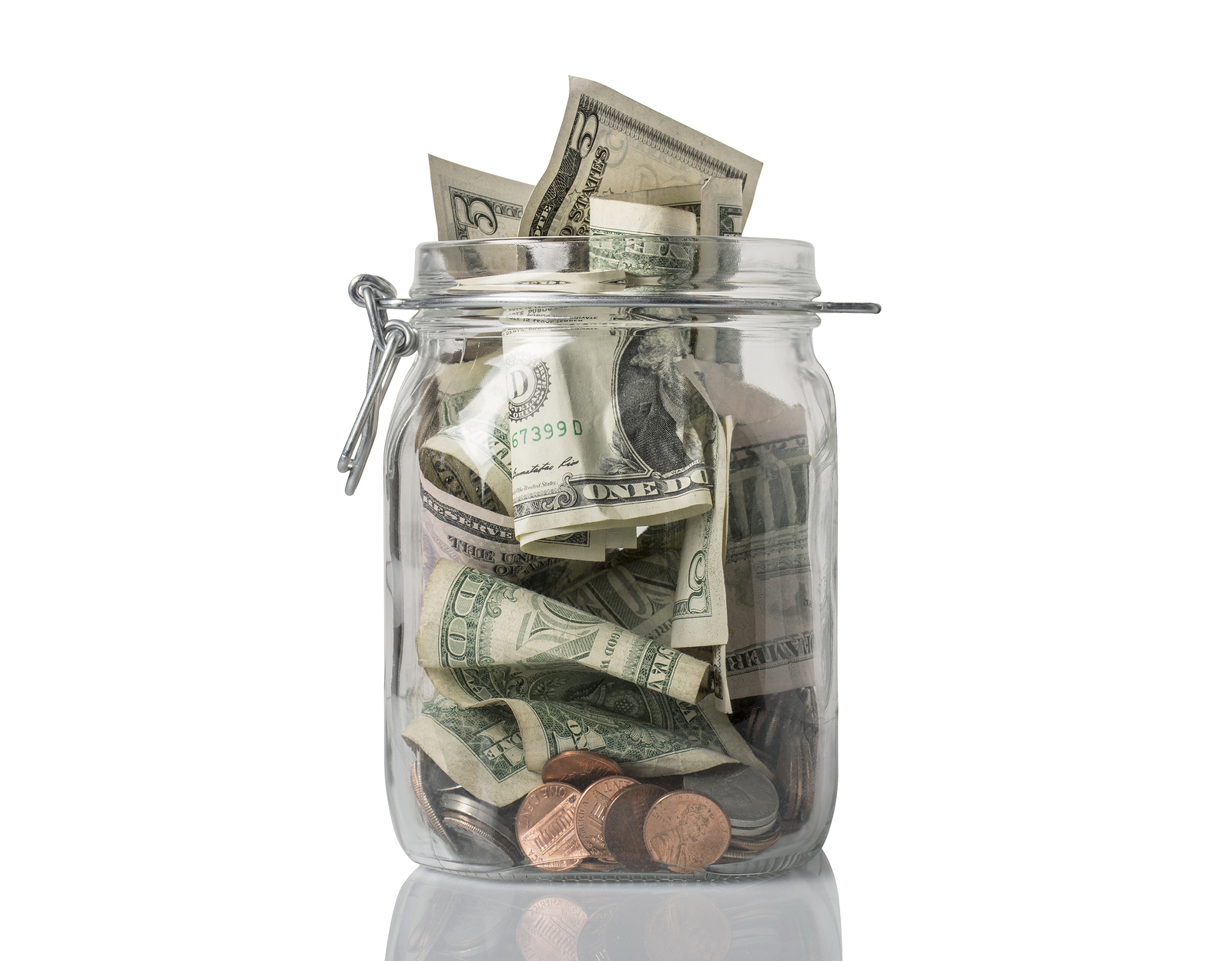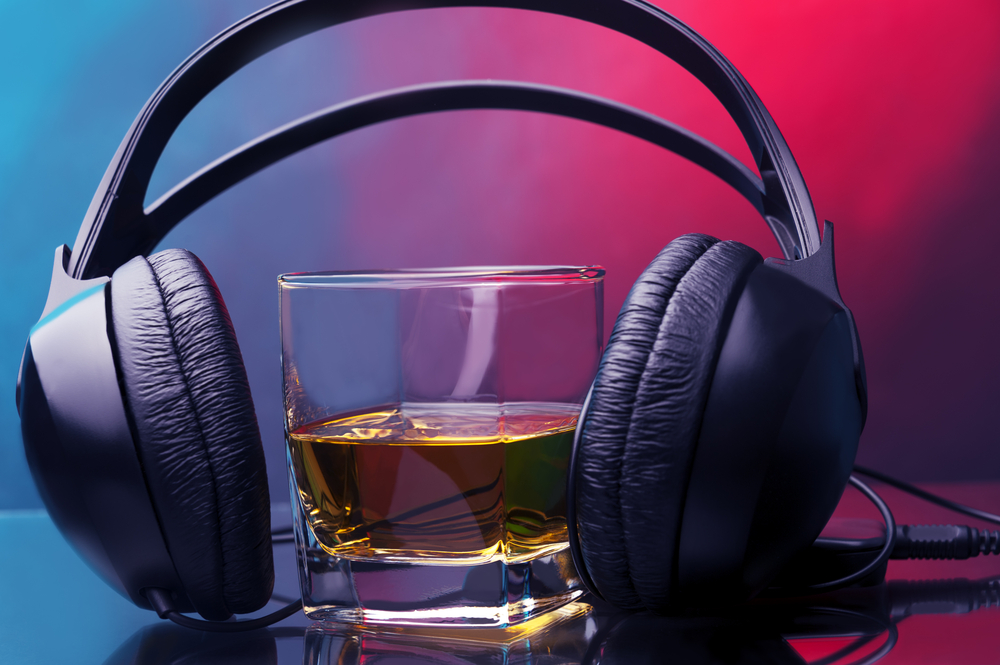For information regarding national and state liquor law matters or general manufacturing and distribution advice, please contact our Liquor Law, Licensing, Manufacturing, and Distribution Practice Group: Liquor Law Department Chair Theodore J. Zeller III, Esquire (tzeller@norris-law.com); David C. Berger, Esquire (dberger@norris-law.com) for Pennsylvania and New Jersey retail and manufacturing licensing; or contact our offices at 610-391-1800.
COVID-19 and the New Jersey Alcoholic Beverage Industry

Over the past week, New Jersey Governor Philip Murphy has issued two Executive Orders in response to the COVID-19 pandemic. The most recent, Executive Order No. 107 signed on March 21, 2020 (superseding Executive Order No. 104), includes several provisions directly affecting members of New Jersey’s alcoholic beverage industry.
Governor Murphy’s COVID-19 Executive Order 107
Essential Businesses Remain Open
All “non-essential” retail businesses in New Jersey are closed to the public until Executive Order No. 107 is lifted. “Non-essential” retail businesses are all retail businesses that are not expressly identified as essential. Fortunately, most industry members with any retail privilege are considered essential for purposes of Executive Order No. 107.
Grocery stores and liquor stores are specifically identified as essential businesses. While open to the public, those businesses must abide by social distancing practices.
Restaurants are expressly authorized to remain open during normal business hours, with several limitations. Food service can continue at restaurants and bars during normal business hours, but they are restricted to take-out and delivery only. Restaurants and bars may only sell alcoholic beverages in their original containers from the public barroom. Executive Order No. 107 does not restrict the delivery of alcohol with a food delivery by retail licensees who have a transit insignia.
Limited breweries, restricted breweries (brewpubs), plenary and farm wineries (and their sales outlets), craft distilleries, and craft meaderies and cideries, are also permitted to continue to operate, albeit with restrictions. Similar to retail licensees, all sales must be in original containers, and shall be made by customer pick-up or delivery (note that the Special Ruling does not permit limited breweries from delivering directly to consumers, so this is a temporary deviation from the general rule)
Applicable to All Industry Members
New Jersey, like many other states and cities, has ordered its residents to stay home unless they are engaging in a limited number of activities, such as purchasing food, seeking medical attention, and visiting close family members. All gatherings, such as parties, celebrations and other social events are generally canceled. Of course, if your bar or brewery was scheduled to host a large party, you know by now it is not going forward.
New Jersey Division of Alcoholic Beverage Control on COVID-19
Last week, following the issuance of Executive Order No. 104, the New Jersey Division of Alcoholic Beverage Control conducted a teleconference with brewery, distillery, and winery industry members to discuss the COVID-19 restrictions then in place and questions not addressed therein. Further guidance from the Division of Alcoholic Beverage Control was expected to be issued shortly thereafter, but it has not yet been released. A more detailed directive from the Division of Alcoholic Beverage Control was likely tabled while the state concentrated on releasing Executive Order No. 107 (although we did hear that a number of draft guidance documents were under review by the Attorney General’s office). We will provide further updates as soon as any additional guidance is issued.



